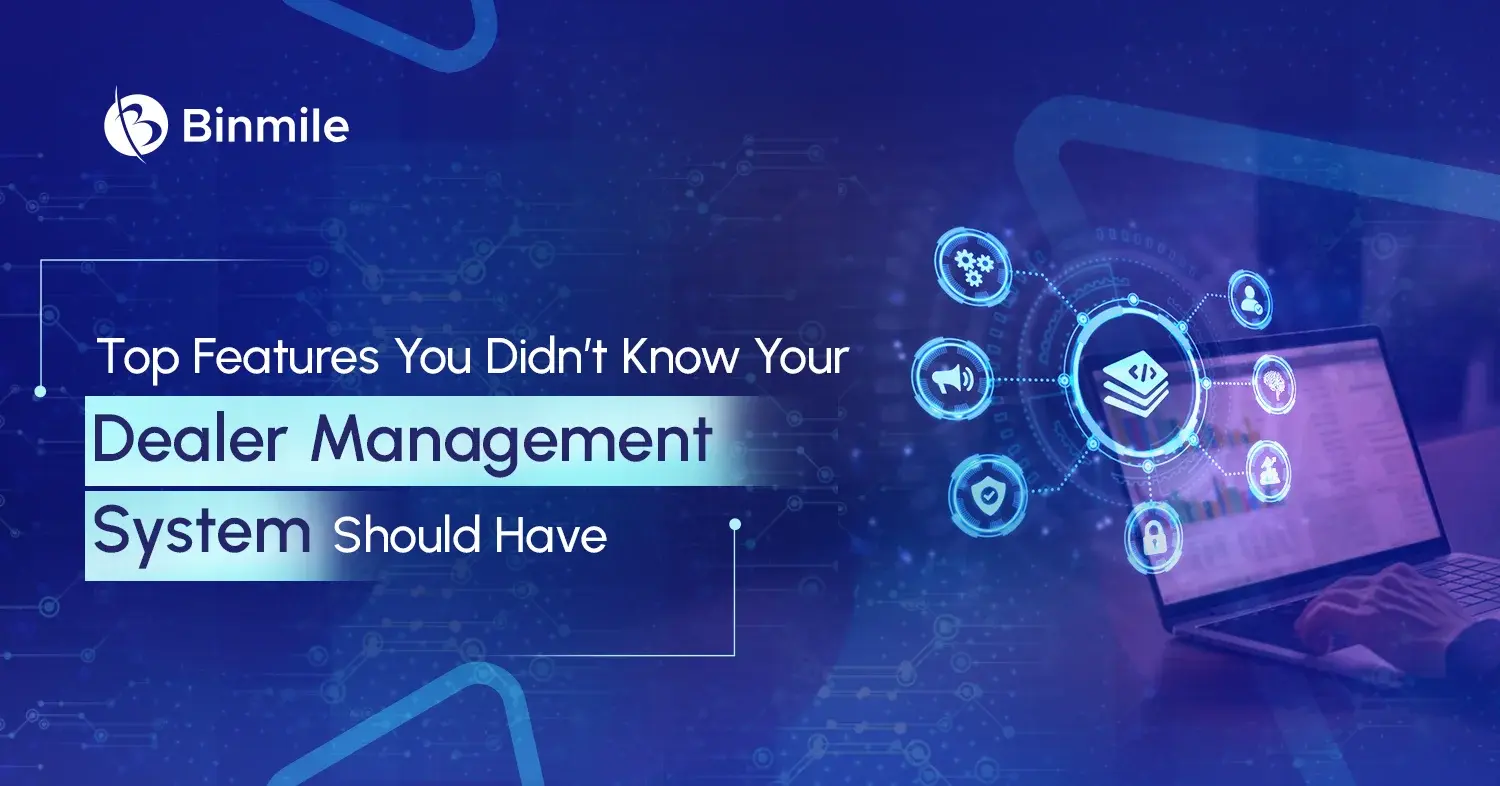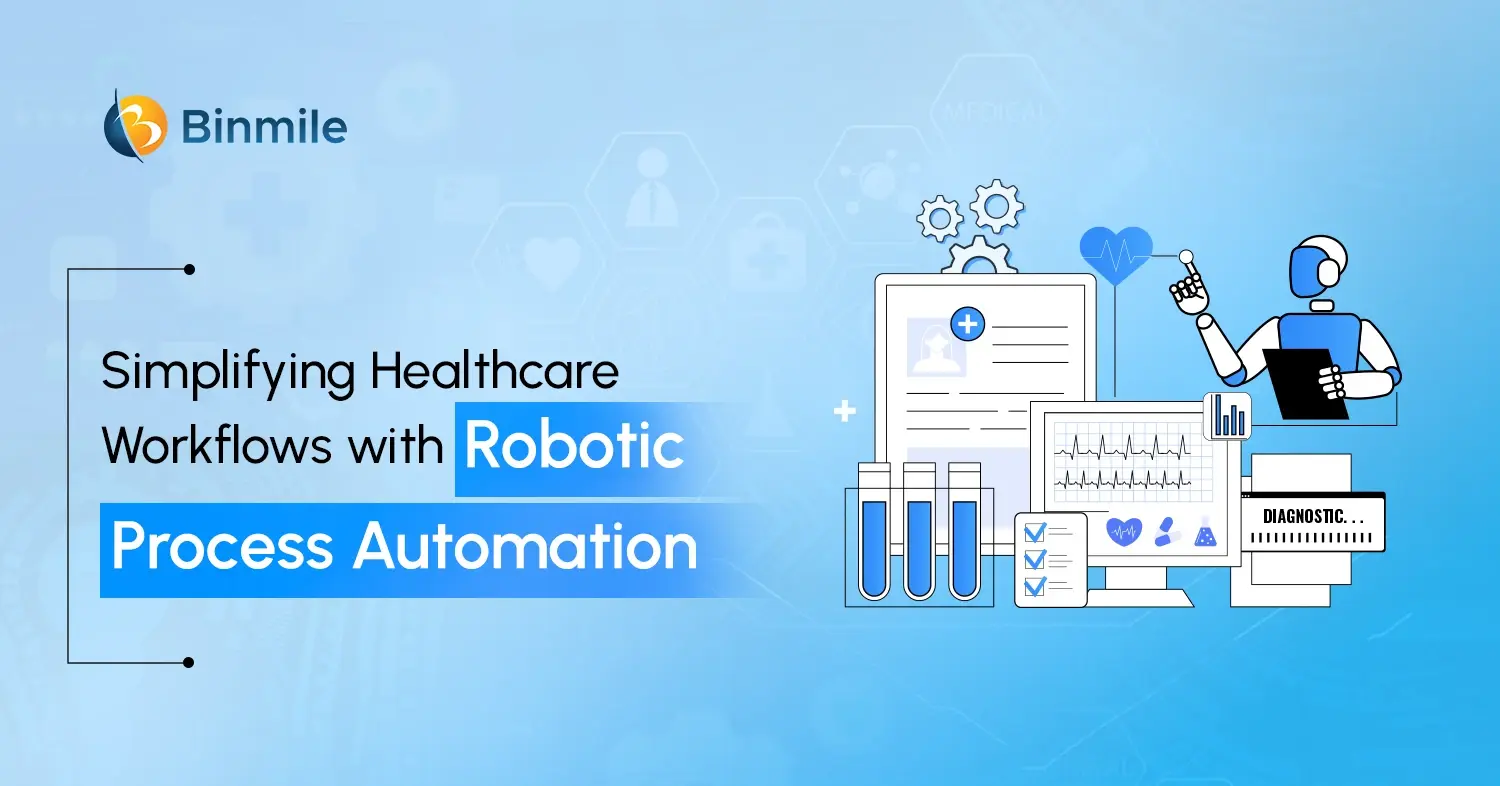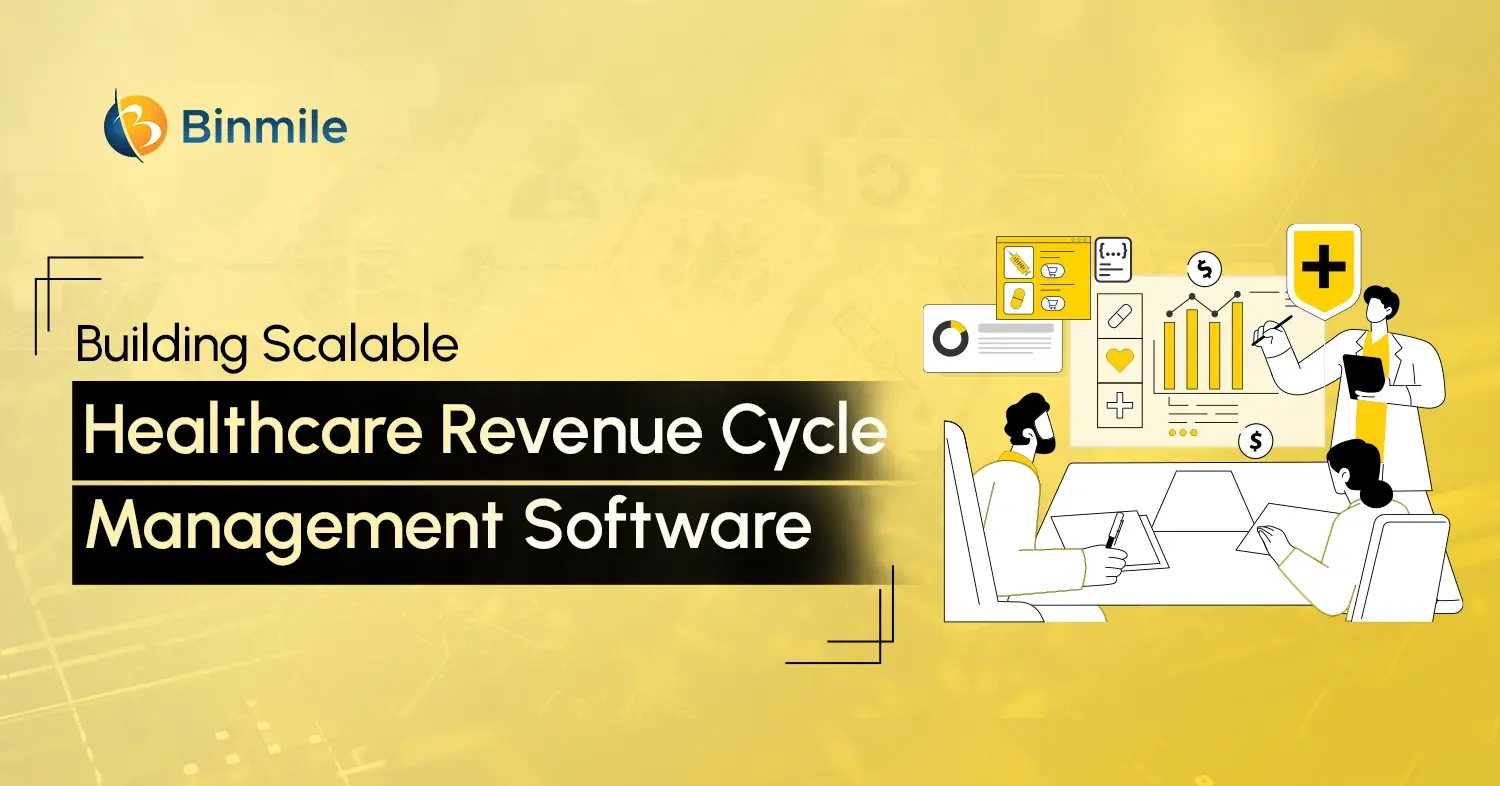Businesses no matter the industry need efficiency, and seamless collaboration between different departments, and more than that they require access to an all-in-one solution that manages to do it for them. The urgency heightens when you’re into dealership operations. To minimize the time and resources, a centralized platform is the go-to solution to manage all aspects of your dealership. From inventory, sales, and finance to customer relationship management, the dealer management system ensures that your management system scales with your business. The best part? It’s customizable to fit the specific needs of your dealership’s operations as it offers a comprehensive view of the business and facilitates data-driven decision-making. AND, it can integrate with other systems, so it’s a win-win situation.
From automobile, food dealership business or even building material dealerships, DMS is becoming increasingly popular. After all, they offer a range of benefits that can help streamline business operations, improve sales efficiency, and increase profits. To get the advantages of implementing an automotive DMS system, you need to understand the nitty-gritty of the dealer management system development guide, what features to have, and know the software development cost to avoid breaking banks! Let’s understand how dealer management has become the need of the hour for streamlined operations, its development costs, and best practices to build high-quality software that efficiently engages the target audience and fosters long-term customer retention.
What is Dealer Management System?
In essence, a dealer management system is a software platform for dealers that helps them manage their dealership, be it vehicles, materials, or jewelleries, among others. It covers dealerships’ diverse needs like pre-sales, sales, purchases and post-purchases, financial accounting, dealer inventory management system, human resources, administration components, and CRM (customer relationship management) of a dealership.
The DMS market looks promising with a consistent CAGR of 5.5% from 2023 to 2033 with the dealer management software market valuation expected to see an increase from $8,528.5 million in 2023 to $14,752.7 million by 2033. So, let’s focus on not only how to develop dealer management software but also top features that make your DMS effective.
Revolutionize Your Dealership: Key Features of Leading Dealer Management Systems
Businesses leverage highly advantageous features of a dealer management system to gain benefits. So, let’s explore the dealer management system features that enable your system build to be effective, streamline operations, and meet all customer expectations.

1. Advanced Inventory Management
It offers real-time visibility into all your products, whether they’re on the lot, in transit, or on order, enabling you to maintain detailed records of them, including specifications, cost, pricing, and history. This optimizes stock levels, ensuring the right mix of products is meeting the customer demand. Advanced inventory management systems can also integrate with online marketplaces, automatically updating listings across multiple platforms. They often include tools for pricing analysis, helping dealerships stay competitive in their market. Key components:
- Vehicle Database
- VIN Decoder
- Pricing Tools
- Stock Aging Reports
- Inventory Valuation
- Online Listing Integration
- Ordering System
- Multi-Location Tracking
2. Comprehensive CRM and Marketing Suite
This combined feature manages customer interactions, tracks leads, improves customer service, and handles all of your marketing efforts. Having these two features lets you centralize customer data, communication history, and marketing campaigns, enabling personalized service and targeted promotional activities for wider reach and customized customer engagement.
- Customer Database
- Lead Management System
- Communication Logs
- Task Scheduler
- Email and SMS Integration
- Customer Segmentation Tools
- Sales Pipeline Tracker
- Reporting and Analytics Dashboard
- Campaign Management System
- ROI Tracker
- Social Media Integration
- Customer Loyalty Program Manager
4. Streamlined Sales and F&I Processing
This module streamlines the entire sales process, from the initial quote to the final paperwork, and also helps you manage lending relationships and present aftermarket products. If you’ve advanced systems it lets you choose paperless transactions and remote deal completion. Moreover, compliance checks are typically built-in to ensure all regulatory requirements are met. The system also usually handles complex calculations for taxes, fees, and commissions. It includes:
- Quote Generator
- Deal Structuring Tool
- Credit Application Processor
- F&I Product Presenter
- Digital Contract Tools
- Compliance Checker
- Commission Calculator
- Trade-In Valuation System
5. Efficient Service Department Management
A dealership has a lot of parts- sales, finance, customer service, and so on – that require tremendous organization to keep those parts running smoothly. When you’ve got an efficient service management system lets you manage the entire service process including digital multi-point inspection tools. This allows technicians to document their findings with photos and videos. It comes in handy when you manage vehicle dealerships. With this feature, your DMS can also track technician productivity, manage loaner vehicles, and facilitate communication with customers about their vehicle’s status. Key components include:
- Appointment Scheduler
- Digital Multi-Point Inspection
- Repair Order System
- Labor Time Guide
- Parts Inventory Manager
- Technician Productivity Tracker
- Customer Communication Tools
- Warranty Claim Processor
6. State-of-the-Art Security & Data Protection
Safeguarding sensitive customer and financial data should be a top priority. The feature comes with comprehensive protection against data breaches, ensures regulatory compliance, and maintains operational integrity. To fortify your security, consider advanced features like AI-powered test automation services that may detect threats in real-time alerts for suspicious activities and integration with third-party security tools. The system implements multi-layered security measures for data at rest and in transit, along with robust user access management and activity monitoring tools.
- Access Control
- User Authentication System
- Role-Based Access Control
- Two-Factor Authentication
- Single Sign-On (SSO) capabilities
- Data Security Measures
- Data Encryption (at rest and in transit)
- Audit Logging and Monitoring
- Regular Security Updates
- Secure Cloud Storage
- Compliance and Recovery
- Compliance Tools (e.g., for GDPR, CCPA)
- Disaster Recovery and Backup Systems
7. Robust Accounting & Financial Reporting
This accounting module handles all aspects of dealership finances such as daily transactions to month-end closing processes. It lets you manage multiple revenue streams, such as sales, service, parts, materials, and F&I products. Advanced systems often provide real-time financial dashboards and forecasting tools to aid in strategic decision-making. Features must have these:
- General Ledger
- Accounts Payable/Receivable
- Payroll System
- Financial Statement Generator
- Bank Reconciliation Tools
- Budget Planning System
- Cash Flow Analyzer
- Tax Reporting Tools
8. Seamless Integration Capabilities
Implementing integration capabilities is essential since these features allow the DMS to connect seamlessly with a wide range of third-party applications and systems. This might include integrations with manufacturer systems for warranty claims and parts ordering, connections to auction platforms for inventory acquisition, or integrations with advanced business intelligence tools. Moreover, when you have robust integration capabilities, it reduces data entry errors, improves efficiency, and therefore allows dealerships to customize their technology stack to meet their specific needs. Essential components include:
- API (Application Programming Interface)
- Third-Party App Marketplace
- Data Import/Export Tools
- Manufacturer System Connectors
- Website Integration
- CRM Integration
- Accounting Software Connectors
- Business Intelligence Tool Integration
Streamline your dealership operations with a custom DMS. Talk to our experts today to build a scalable, future-ready solution tailored to your business.
Key Takeaways from a Binmile’s Successful Dealer Management System Implementation
This case study explores how we revamp and modernize the dealer management application for seamless operations for one of the largest cement manufacturers in India. The client was facing challenges in efficiently managing its dealer network due to a fragmented IT landscape. Multiple, outdated applications hindered operations, causing scalability, performance, and user experience issues.
To address these challenges, we implemented a modern, microservices-based architecture on the Azure cloud platform. This new system prioritized user experience with a redesigned interface built using React for the web and Flutter for mobile. By focusing on performance and scalability, the solution aimed to streamline dealer management and enhance overall operational efficiency.

Key Success Metrics and Outcomes
- Significant reduction in dealer management costs
- Substantial increase in dealer satisfaction
- Marked improvement in dealer onboarding time
- Notable decrease in system downtime
- Substantial increase in system utilization
- Significant enhancement in data accuracy and consistency
- Measurable improvement in sales and revenue performance
5 Steps to Building the Successful Dealer Management System (DMS)
Developing a custom Dealer Management System (DMS) is a complex process, but it offers the potential for highly tailored solutions. Here are five essential steps to guide the process:

- Know Your Dealership Operations: Conducting a deep comprehension of your dealership’s processes is fundamental as doing so, helps you inform the design of effective system solutions. For this, analyze sales, finance, service, parts, and customer relationship management operations to identify pain points and inefficiencies.
- Focus on User-Centric Design: Create a DMS that is intuitive and easy to use for employees at all levels. For this, you can depend on data on users’ needs, goals, and feedback to create highly usable and accessible systems. This leads to enhanced user adoption and productivity, ultimately improving overall efficiency.
- Robust Data Foundation & Its Security: It’s essential for making informed decisions and optimizing operations. Therefore collecting, storing, and managing data from various sources, ensures data quality and consistency. Simultaneously, implement robust security measures to protect sensitive customer and dealership information from breaches, and also adhere to industry regulations like GDPR and CCPA to maintain trust and credibility.
- Prioritize Scalability and Flexibility: Your dealer management system needs to grow along with your business. So, when you develop the software, anticipate your dealership’s growth and evolution. This enables you to ensure the system can accommodate new features and integrations as your dealership expands and can adapt to changes in business size, product lines, and market conditions.
- Testing and Refining Your DMS: Ensure that your system works properly, meets user needs, and is free of bugs or performance issues with advanced software testing services. Therefore, continuously evaluate the system performance and identify and fix any issues early on, which can save time and money. This lets you meet the dealership’s needs and functions as expected and helps organizations deliver high-quality software that meets customer demands.
Summing It Up
With the advent of emerging technologies and the continually evolving technological landscape, the need for a robust and efficient dealer management system (DMS) has become increasing. After all, DMS offers a one-stop platform to enhance your efficiency and boost overall business performance. A well-implemented DMS simplifies complexity and drives success across the operational ecosystem. Moreover, with top-quality dealer management software, you can also ensure an amazing customer experience for your dealers/ distributors, influencers, and end customers. However, it’s easier said than done. With the multitude of DMS options available today, selecting the right one can be a daunting task.
So how do you know the best software development services company? Or what features do you need for your DMS to successfully streamline operations, enhance customer experiences, and maximize profitability? Hopefully, this blog has helped you understand what entails in developing an effective DMS solution, its benefits, and the top features that can help you efficiently operate while saving costs. Therefore, developing a custom software application for your dealership business needs a strategic and research-driven initiative that delivers exceptional digital solutions for your business. This is what you get with the right custom software development partner, who offers a comprehensive solution to enable you to efficiently handle inventory, sales, customer relationships, and business processes.
Explore how Binmile can enhance your dealership management system with cutting-edge technology and industry expertise.
Frequently Asked Questions
Essential DMS features include advanced inventory management, a comprehensive CRM and marketing suite, streamlined sales and F&I processing, efficient service department management, robust accounting and reporting, security and data protection, and seamless integration capabilities.
Select a DMS that is customizable, user-friendly, scalable, secure, and capable of integrating with third-party applications. Consider key features such as automation, reporting, and support for your specific industry needs.
Yes, modern dealer management systems offer built-in CRM features and marketing tools to manage leads, communication, customer segmentation, and campaign analytics from a single dashboard.
Advanced DMS platforms use multi-layered security, including user authentication, data encryption, regular security updates, role-based controls, and compliance tools for regulations like GDPR and CCPA.









